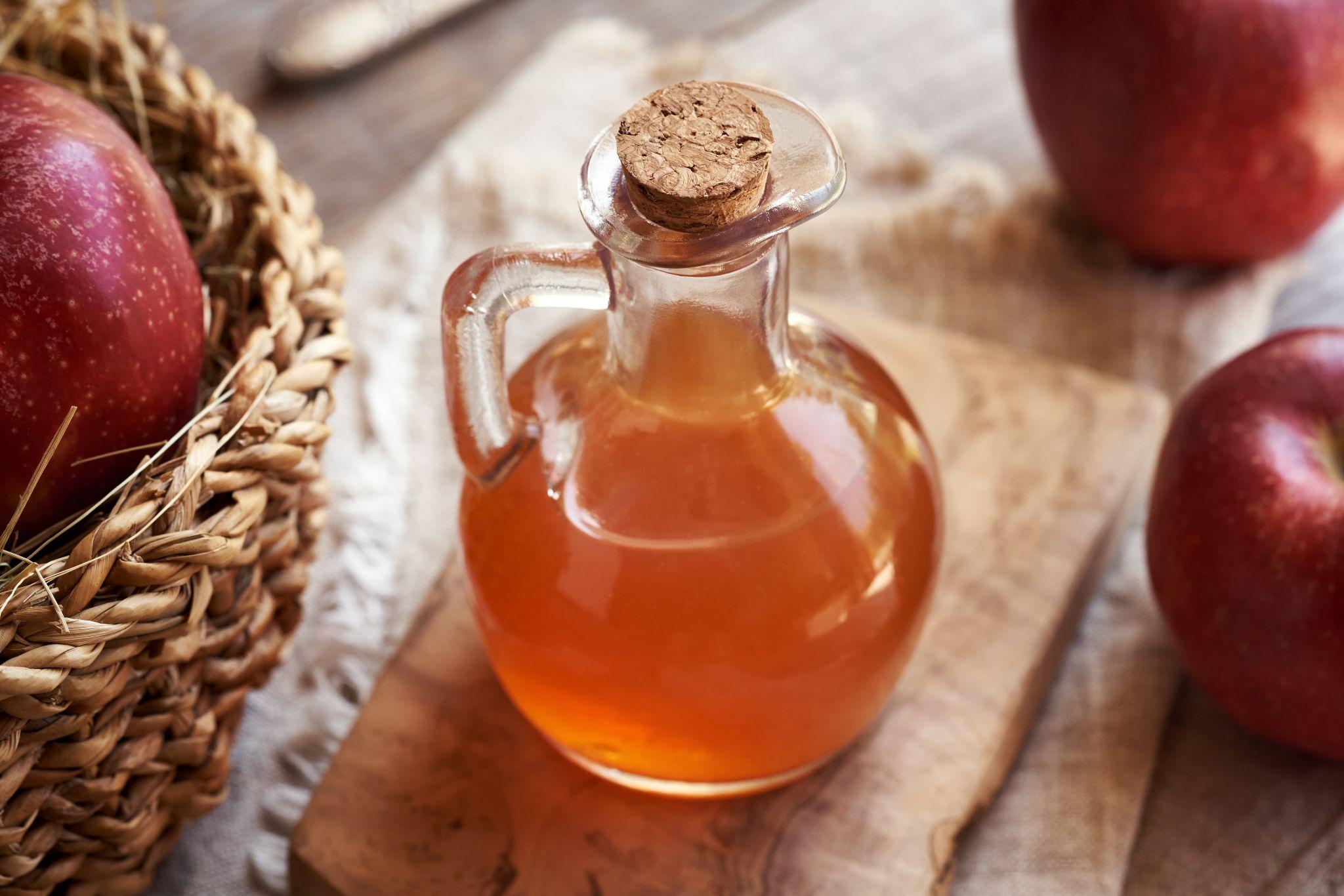Health Benefits of Vinegar
Vinegar was used by the Babylonians as an ingredient in cooking, as a preservative, and as a medicine. Today, it is still valued for health and healing.
1. Relieves Fatigue
Vinegar can help break down lactic acid buildup in the body, effectively relieving fatigue, restoring energy, and alleviating shoulder and lower back pain.
2. Promotes Glucose Metabolism
Vinegar can burn calories and boost metabolic rate.
3. Reduces Risk of Kidney Stones
Regular vinegar consumption can increase the alkalinity of urine, lowering the risk of uric acid stones.
4. Supports Digestive Health
Vinegar can stimulate gastric acid secretion, thereby boosting appetite and enhancing digestion.
5. Regulates Blood Pressure
Apple cider vinegar can promote sodium excretion and improve abnormal sodium metabolism, reducing the risk of hypertension caused by excess salt in the body. Other types of fermented vinegar also have blood pressure-lowering effects.
6. Lowers cholesterol levels
Vinegar can reduce serum cholesterol levels, effectively lowering the risk of arteriosclerosis and heart disease.
7. Improves Skin Health
Increased levels of lipid peroxides can cause dark spots on the skin, reduce skin elasticity, and lead to wrinkles and sagging. Vinegar can inhibit the production of lipid peroxides, offering beauty and skincare benefits.
8. Eases Hangover Symptoms
Vinegar can enhance liver function and help reduce the effects of alcohol.
9. Treats Nail Fungus
Vinegar is an excellent antimicrobial agent that can inhibit the growth and reproduction of microorganisms by disrupting their living conditions. For example, soaking hands or feet in a solution of about four fluid ounces of quality vinegar mixed with one liter of water for 20 minutes may help treat fungal nail infections.
10. Stops Hiccups
When hiccups become severe, sipping vinegar may help relieve diaphragm spasms that trigger them.
11. Relieves Motion Sickness
People with gastrointestinal issues or indigestion are prone to motion sickness and nausea. Drinking a small cup of diluted vinegar water before traveling may help alleviate symptoms of motion sickness.
12. Alleviates Cold Symptoms
At the onset of a cold, gargling with a solution of 1 teaspoon of apple cider vinegar and ½ teaspoon of salt in 8 ounces of warm water may help relieve symptoms and speed up recovery.
Precautions for Taking Vinegar
- Avoid excessive intake: Vinegar is highly acidic, and overconsumption may weaken tendons and soften teeth, according to traditional Chinese medicine (TCM).
- Avoid if you have dampness in the spleen and stomach or muscle weakness: In TCM, the spleen and stomach are viewed as a system that regulates digestion and metabolism. Symptoms of dampness in this system include bloating after drinking water and sticky stools. People with muscle fatigue, joint stiffness, or early cold symptoms should also avoid taking vinegar.
- Avoid if you have stomach ulcers or excessive stomach acid: Those with gastric or duodenal ulcers or those prone to acid reflux are advised to avoid vinegar.
- Do not use copper cookware for preparation: Vinegar can dissolve copper, potentially leading to copper toxicity if used during cooking.













